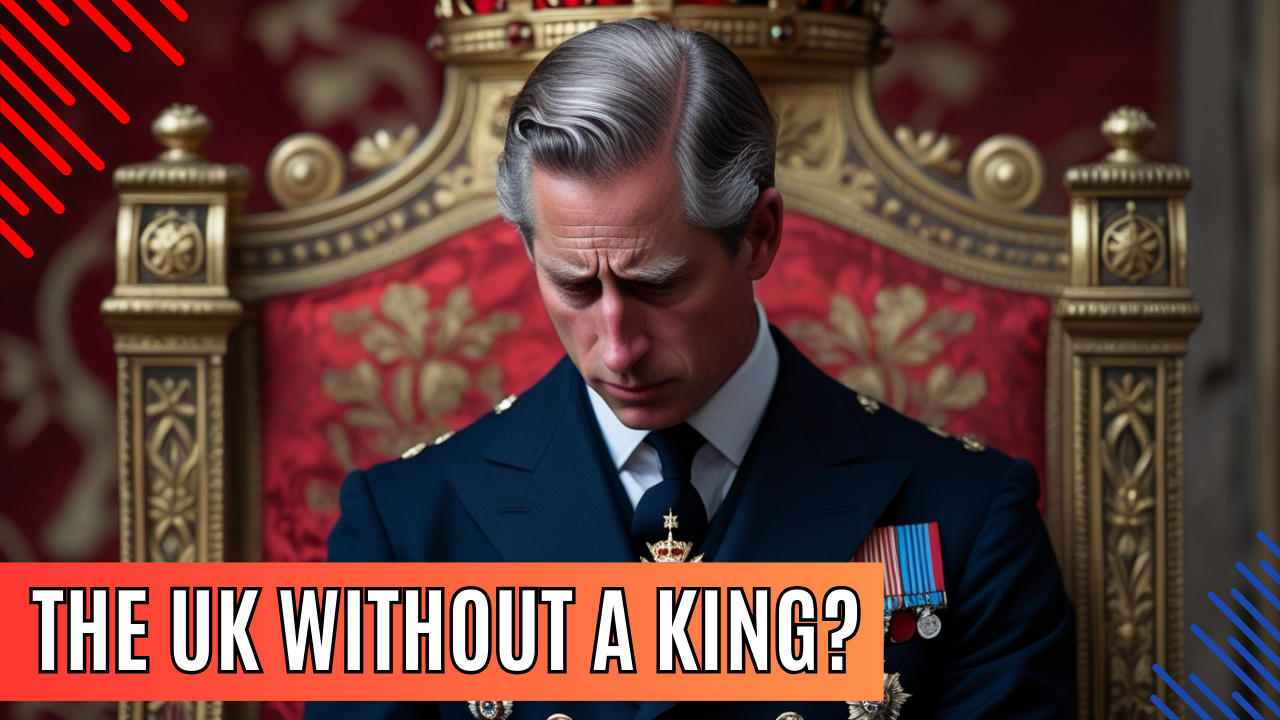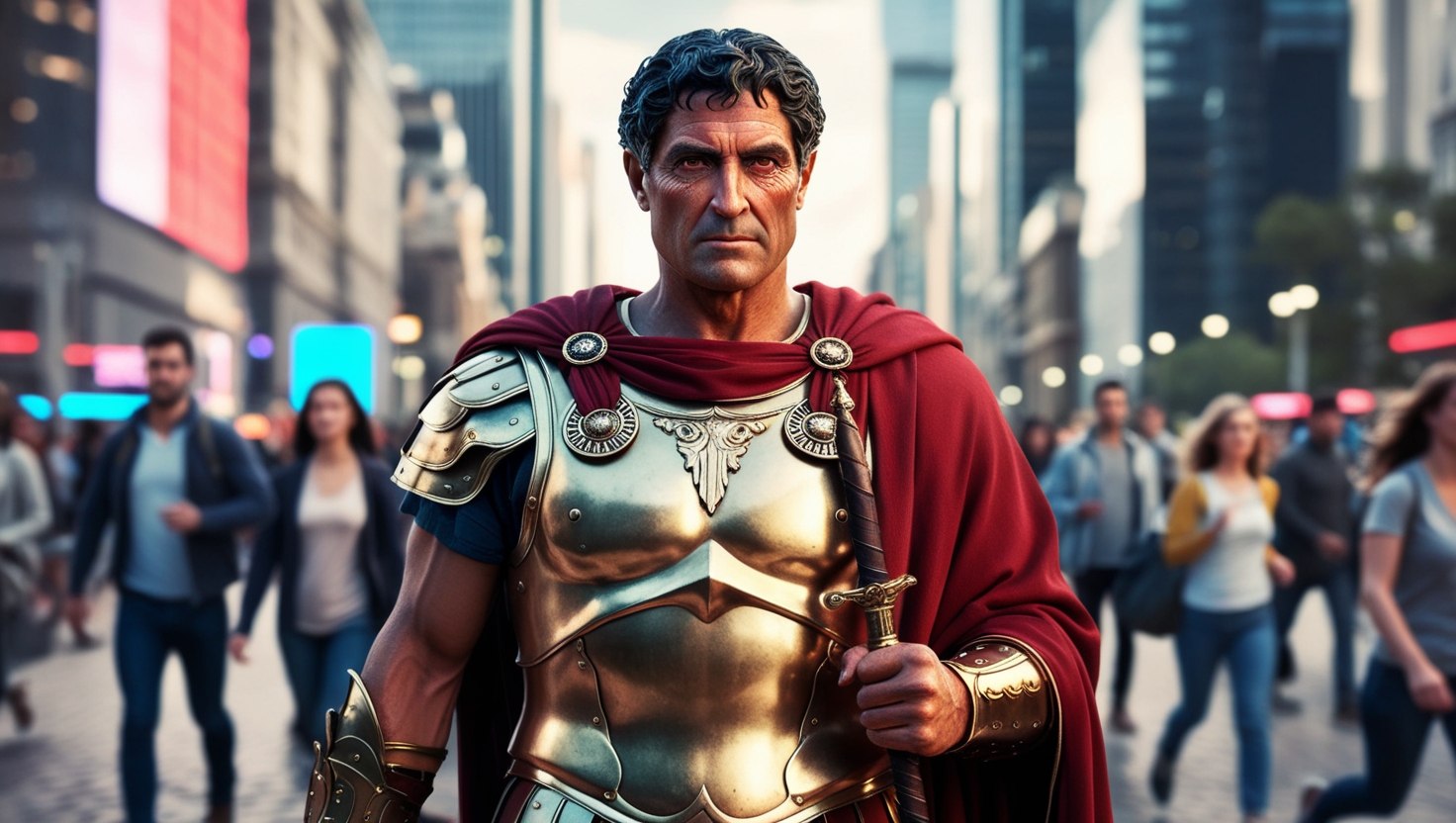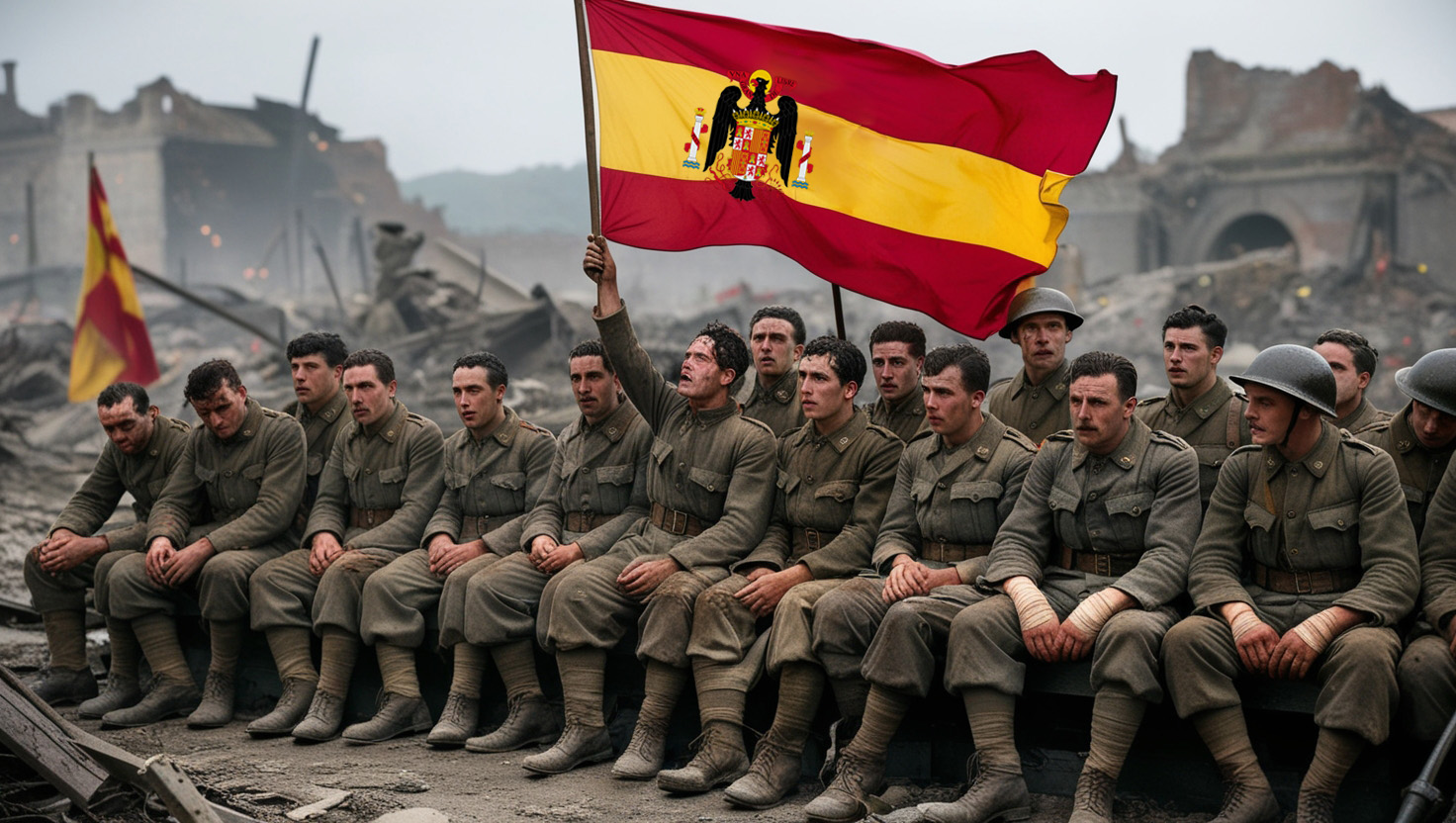What if I told you that the United Kingdom, the land of kings and queens, castles and crowns, could have been something entirely different? What if, instead of a monarchy, Britain had become a republic, a nation without a royal family? Imagine a UK where Buckingham Palace is a museum, where the crown jewels are relics of a bygone era, and where the head of state is elected, not born into power. This isn’t just a fantasy; it’s a question that has haunted British history for centuries.
From the English Civil War to the rise of republicanism in the 19th century, there were moments when the UK stood on the brink of becoming a republic. But what would that have meant for Britain’s identity, its economy, and its place in the world? And what would it mean for the UK today? Join me as we explore the alternate history of a monarchy-free Britain, a story of revolution, reform, and what could have been.
Historical Context
To understand how Britain could have become a republic, we need to go back to the 17th century, a time of turmoil, revolution, and radical ideas. The English Civil War, fought between 1642 and 1651, was a pivotal moment. King Charles the First, a staunch believer in the divine right of kings, clashed with Parliament over power and authority. The conflict ended in a dramatic fashion. Charles was executed in 1649, and for the first and only time in British history, the monarchy was abolished.
In its place, Oliver Cromwell established the Commonwealth, a republic that lasted for over a decade. But this experiment in republicanism was short-lived. After Cromwell’s death, the monarchy was restored in 1660. Yet, the seeds of republicanism had been planted.
Fast forward to the 18th century, and the idea of a republic gained new momentum. The American Revolution in 1776 and the French Revolution in 1789 sent shockwaves across Europe. Thinkers like Thomas Paine, whose pamphlet Common Sense inspired American independence, argued that monarchy was an outdated and oppressive system. In Britain, these ideas sparked debates about democracy, individual rights, and the role of the monarchy.
By the 19th century, movements like Chartism demanded greater political representation and universal suffrage. The monarchy, once seen as untouchable, was now being questioned. But what if these movements had succeeded? What if Britain had taken the path of republicanism? Let’s explore that alternate timeline.
The Turning Point
Imagine a world where Oliver Cromwell’s Commonwealth didn’t collapse. Instead, it evolved into a stable republic, with power firmly in the hands of Parliament. Without a monarchy, Britain’s political system might have developed differently. The Glorious Revolution of 1688, which established parliamentary sovereignty, might never have happened, because Parliament would already be in control.
In this alternate timeline, the 19th century could have seen Britain become a republic through peaceful reform. The Chartists, who demanded universal suffrage and democratic rights, might have succeeded in their goals. A written constitution, similar to the United States’, could have been adopted, enshrining the principles of democracy and equality.
But what would this mean for British society? Without a monarchy, the class system might have been dismantled sooner. The aristocracy, tied so closely to the crown, could have lost its influence. And the idea of a commonwealth, a nation governed by and for the people, might have become a reality much earlier.
Of course, this is just one possibility. The transition to a republic could have been messy, even violent. But one thing is clear: the absence of a monarchy would have fundamentally reshaped Britain’s identity.
Cultural and Social Implications
Now, let’s consider the cultural impact of a republican Britain. The monarchy has long been a symbol of national unity, tradition, and continuity. Royal events like coronations, weddings, and jubilees are deeply ingrained in British culture. But in a republic, these traditions would either disappear or be reinvented.
Instead of a monarch, Britain might have a president, a figurehead elected by the people. National holidays and ceremonies would reflect democratic values rather than royal heritage. The Union Jack might even look different, with symbols of monarchy replaced by emblems of republicanism.
Socially, the absence of a monarchy could have accelerated the push for equality. The class system, so closely tied to the aristocracy, might have been dismantled sooner. Movements for women’s rights, workers’ rights, and racial equality could have gained momentum earlier, inspired by the ideals of republicanism.
But not everyone would welcome these changes. For many, the monarchy is a source of pride and identity. Its abolition could have led to a crisis of national identity, especially in a country as steeped in tradition as Britain. The question is: would the benefits of a republic outweigh the loss of these cultural touchstones?
Economic Considerations
Let’s talk money. One of the most debated aspects of the monarchy is its cost. Critics argue that the royal family is a burden on taxpayers, with estimates suggesting that the monarchy costs up to 510 million pounds annually. In a republic, these funds could be redirected to social programs, infrastructure, or education.
But it’s not that simple. The monarchy also generates significant revenue through tourism. Buckingham Palace, Windsor Castle, and other royal landmarks attract millions of visitors each year. Without the monarchy, would these sites lose their appeal? Or could they be repurposed as museums, maintaining their economic value?
On the other hand, transitioning to a republic would come with its own costs. Establishing a new head of state, rewriting the constitution, and restructuring government institutions would require significant investment. The question is: would the long-term benefits of a republic justify these upfront expenses?
International Relations
Now, let’s look beyond Britain’s borders. The monarchy has played a key role in the UK’s international relations. Royal visits and diplomatic engagements have helped maintain Britain’s soft power and global influence. But in a republic, this role would fall to an elected president.
Would a republican Britain have the same diplomatic clout? The monarchy’s historical ties to the Commonwealth could be particularly affected. In recent years, countries like Barbados have removed the British monarch as their head of state, signaling a shift in the Commonwealth’s dynamics. A republican UK might accelerate this trend, leading to a reimagining of Britain’s global role.
At the same time, a republic could present new opportunities. A democratically elected head of state might better reflect modern British values, strengthening ties with other democracies. The question is, would the loss of the monarchy’s symbolic power be offset by the gains of a more democratic and accountable system?
Public Opinion and Modern Relevance
Today, the debate over the monarchy’s future is more relevant than ever. Public support for the monarchy has been declining, particularly among younger generations. Recent polls show that around 32% of Britons now favor an elected head of state, a significant shift from just a decade ago.
For many, the monarchy represents tradition and stability. But for others, it’s a symbol of inequality and outdated privilege. The rise of movements like Republic, which advocates for an elected head of state, reflects this growing sentiment.
As Britain continues to grapple with questions of identity, equality, and democracy, the monarchy’s role will remain a contentious issue. Could the UK one day become a republic? And if so, what would that mean for its future?
Conclusion
So, what if Britain had become a republic? From the English Civil War to the rise of republicanism, there were moments when history could have taken a different path. A republican Britain might have been more democratic, more egalitarian, and more modern. But it also would have lost a key part of its identity, the monarchy that has shaped its culture, economy, and global influence for centuries.
As we look to the future, the question remains: is the monarchy an essential part of British identity, or is it time for a new chapter in the UK’s history? Let me know your thoughts in the comments below.
If you enjoyed this journey into alternate history, don’t forget to check out the full video on YouTube . Like, comment, and subscribe for more fascinating explorations of the past and the possibilities. Thanks for watching, and I’ll see you in the next video.




Hello would you mind stating which blog platform you’re using? I’m going to start my own blog in the near future but I’m having a difficult time selecting between BlogEngine/Wordpress/B2evolution and Drupal. The reason I ask is because your layout seems different then most blogs and I’m looking for something completely unique. P.S My apologies for being off-topic but I had to ask!
Hi, thanks for your comment. It’s WordPress